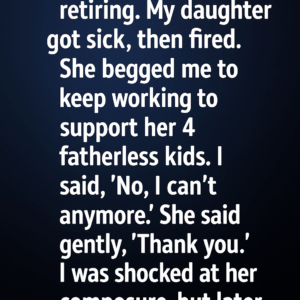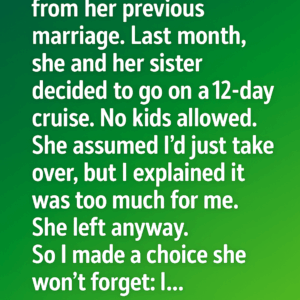On September 22, President Donald Trump and U.S. Health Secretary Robert F. Kennedy Jr. made a controversial announcement about autism, following Trump’s tease at Charlie Kirk’s memorial a day earlier. Ahead of the conference, speculation grew that they would link the rise in autism cases to Tylenol use during pregnancy. White House press secretary Karoline Leavitt urged the public to keep an “open mind” before judging the announcement.
During the briefing, Trump claimed autism rates have dramatically increased from one in 10,000 children to as high as one in 31 in certain areas. He suggested that Tylenol, which contains acetaminophen, could be a factor and announced that the FDA now “strongly recommends” pregnant women limit its use unless medically necessary. Trump personally advised expectant mothers to avoid the drug entirely.
Tylenol, however, strongly rejected these claims, stating there is no scientific evidence linking acetaminophen to autism. The company expressed concern that Trump’s statements could endanger pregnant women’s health by discouraging necessary medical treatments.
The announcement has sparked nationwide debate, with critics demanding more scientific proof and health experts warning against misinformation. Autism organizations continue to emphasize that autism is a complex neurodevelopmental condition with many potential factors, not a single known cause.





